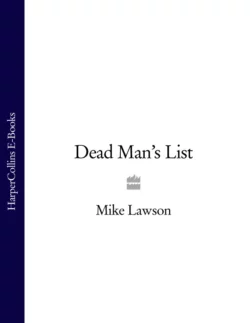Dead Man’s List

Mike Lawson
Тип: электронная книга
Жанр: Триллеры
Язык: на английском языке
Стоимость: 152.29 ₽
Статус: В продаже
Издательство: HarperCollins
Дата публикации: 16.04.2024
Отзывы: Пока нет Добавить отзыв
О книге: A nerve-shattering thriller from the highly-acclaimed author of The Inside Ring.When Joe DeMarco is sent to investigate the death of reporter Terry Finley, it appears to be nothing more than a tragic accident. However, DeMarco′s suspicions are aroused when he discovers Finley was investigating Senator Paul Morelli, considered a shoe-in for his party′s presidential nomination.Morelli′s luck is famous, even by a politician′s standards, and whilst his past has already been thoroughly scrutinized, looks can be deceptive. DeMarco′s search leads him into a world of dirty secrets, beltway politics and divided loyalties.And as two rogue agents freelancing for the CIA begin to follow him, he finds the deeper he digs, the more deadly and out of control his pursuit for justice becomes.